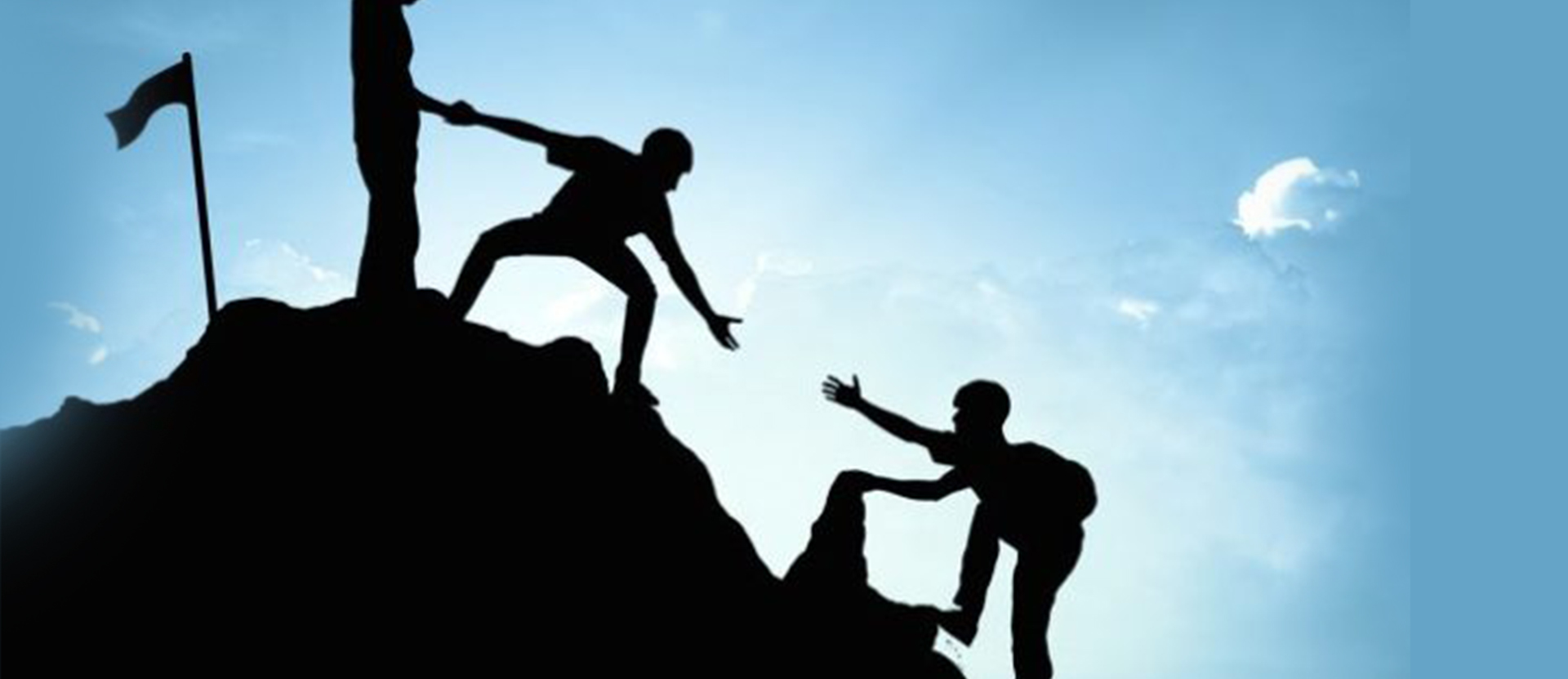
During the First World War, 1.5 million Armenians were killed and left to die on the orders of the rulers of the Ottoman Empire. Ever since, Armenian communities all over the world have kept alive their hatred of Turkey, successor to the Ottomans. The attempts of Turkish governments to deny the genocide has exacerbated their feelings.
Four years ago, 15 young professionals, Turkish and Armenian, met at Caux to search for ways to break this deadlock. These discussions have since become an annual event at Caux. Members of the Kurdish community have joined in, so it is now an Armenian-Kurdish-Turkish dialogue.
Many Armenian participants have come from Lebanon, where their forebears fled in 1915. ‘I am a fourth-generation genocide survivor,’ said Arshalouys Tenbelian, who has taken part in three dialogues. ‘The Lebanese kindly gave us Lebanese nationality. In Beirut I went to an Armenian school, and we spoke only Armenian at home to maintain our culture.
‘For us, Turks were always the enemy. So when my professor urged me to attend the dialogue at Caux, I resisted. She pointed out that I am studying journalism, and that a good journalist should sit with everyone. So I agreed to come, purely to fight for our cause.
‘At Caux, when we introduced ourselves, I said only my name – I didn’t want the Turks to know anything more. Then we started the dialogue. Among the diaspora in Lebanon the history is fresh and bleeding. We argued, we yelled, we screamed. Years of suppressed emotions poured out.’
‘It was like a cold war,’ says Turkish participant Burak Cevik. ‘The Armenians fired questions at us. “Will you give my grandmother’s house back? Will you apologize for the genocide?” An Armenian girl said, “I am only here to hear an apology from a Turk so that I can move on.”
‘A Turkish girl stood up, went to the girl and made this apology. That made me leave the room. After the session I asked her why she had apologised for something she did not do. She replied, “This is not about what I did, it is about what happened to them. It is about caring for someone who wants understanding from our side.”
‘Slowly we started to connect. At one point a girl sang an Armenian song. A Turkish girl said, “I know that song in Turkish.” Five minutes later we were all singing it. That was when we started making peace with each other.’
‘We learnt to listen,’ says Arshalouys. ‘I accepted that I cannot force anyone to recognise the genocide. I will continue to work for this recognition. But now I can accept the other as he or she is.
‘This was a huge brainstorm. At Caux I realized that if I can learn to hate, I can learn to unhate. To do this, I need the other. I need Burak and he needs me to reach this healing of memory that will liberate us from the burden of hatred.
Many Armenians see us as traitors because we are friends with Turks. But I respond that it takes more courage to love than to hate.’
In the past four years several participants have visited each others’ countries. Burak went to Beirut earlier this year. At an Armenian museum, he read a letter from a Turkish mother in 1915 to the Armenian children in her care. ‘Amidst tragedy, she turned hate into love,’ he said.
Arshalouys says this is what they are working to do today. ‘The bleeding will continue until we discover that the other is also a human. This is why dialogue is so important. We can get rid of our hatred; love is the greater weapon.’
